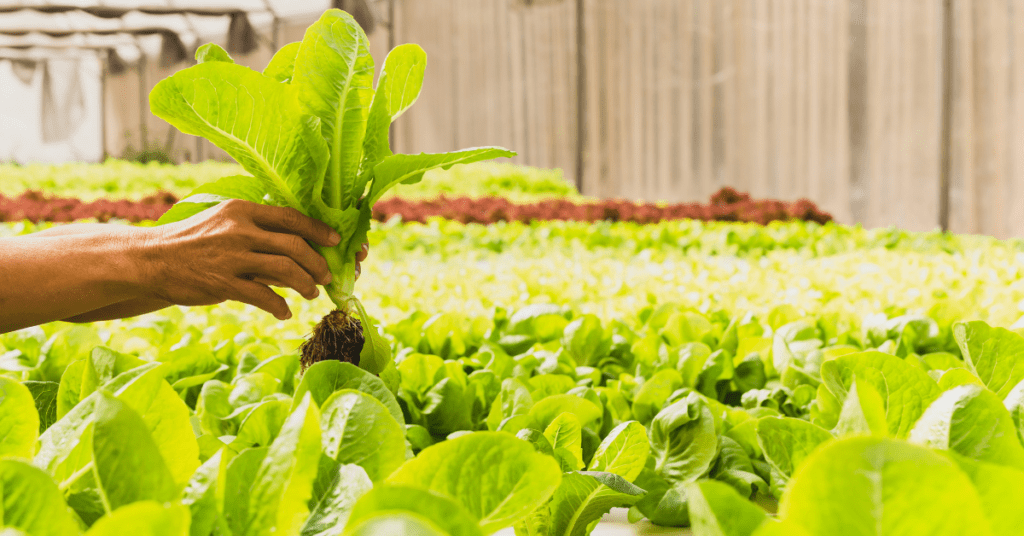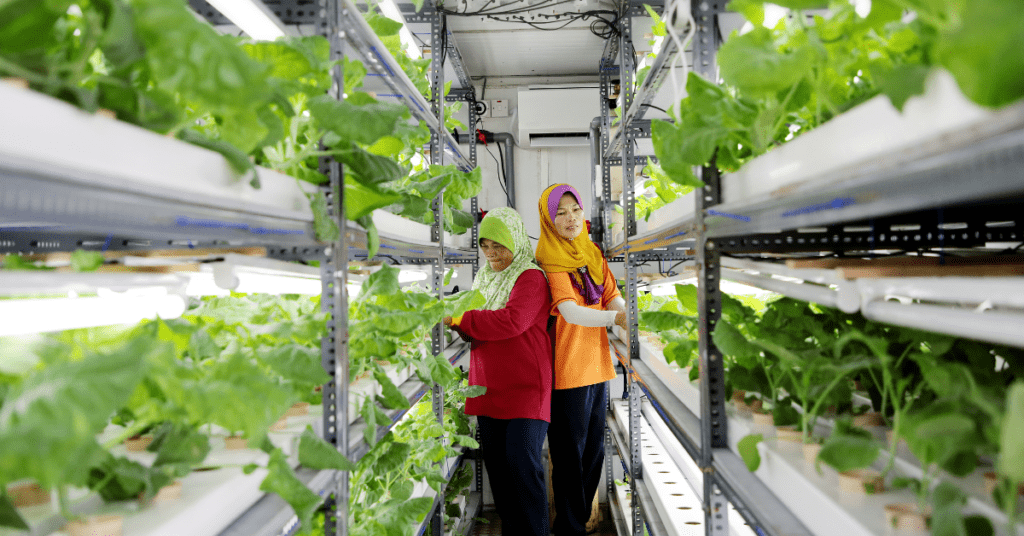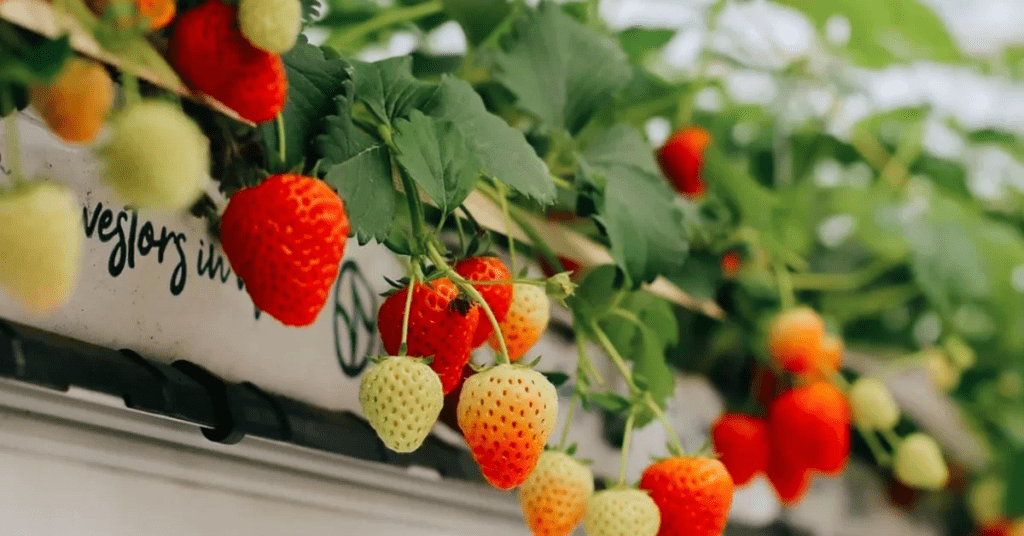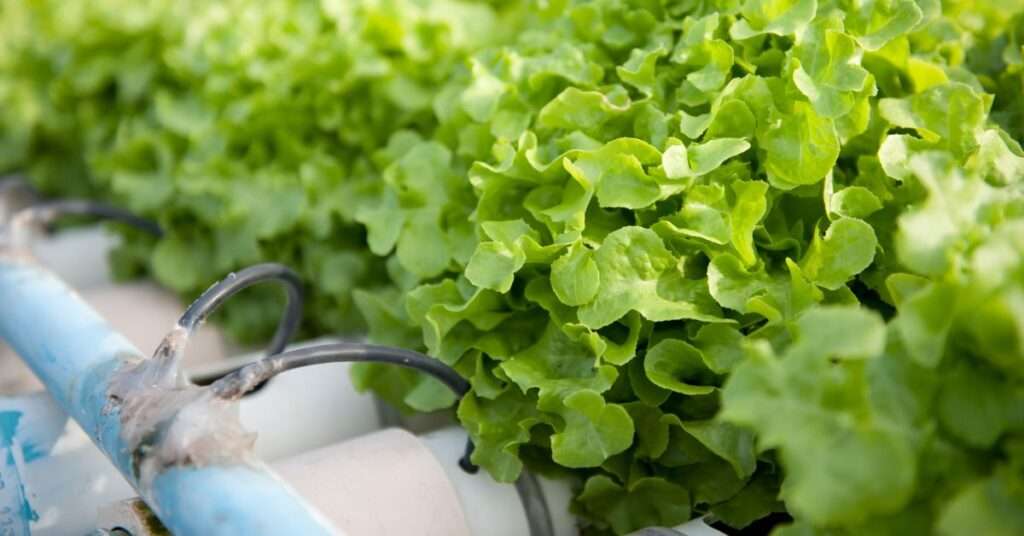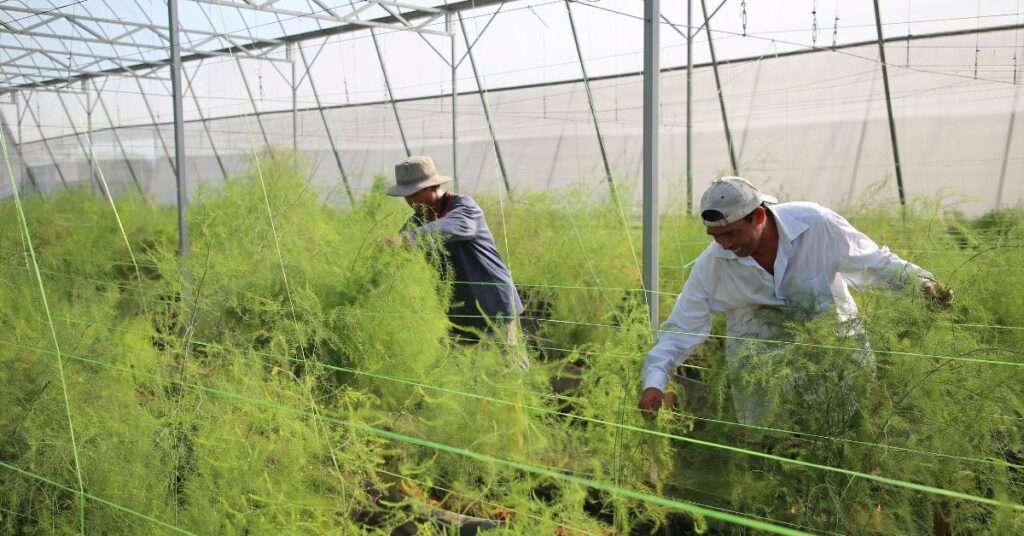Organic Farming: A Green Solution to Climate Change
Climate change is one of the most pressing global challenges of our time. Its effects are being felt worldwide, with rising temperatures, erratic rainfall patterns, and extreme weather events. Agriculture, a sector heavily reliant on the climate, is particularly vulnerable to these changes. However, there’s a growing movement towards sustainable agricultural practices that can help mitigate the impacts of climate change. One such practice is organic farming. Organic Farming in Rajasthan Rajasthan, a state in India known for its arid climate and diverse agricultural practices, is a prime example of how organic farming can be a valuable tool in combating climate change. Traditional agricultural methods in Rajasthan often involve heavy use of chemical fertilizers and pesticides, which can contribute to soil degradation, water pollution, and greenhouse gas emissions. Organic farming, on the other hand, relies on natural processes and inputs, such as compost, crop rotation, and biological pest control. By adopting organic farming practices, Rajasthan’s farmers can: Improve soil health: Organic farming practices promote the development of healthy soil, which is better able to retain moisture and nutrients, making it more resilient to drought and other climate-related challenges. Reduce water consumption: Organic farming methods often require less water than conventional agriculture, as they focus on conserving moisture through practices like mulching and cover cropping. Enhance biodiversity: Organic farming can support biodiversity by promoting the growth of beneficial insects, pollinators, and other organisms that play a vital role in ecosystem health. Sequester carbon: Organic farming practices can help sequester carbon in the soil, which can help mitigate climate change by reducing greenhouse gas emissions. Organic Farming in Climate Change Mitigation Organic farming offers several key benefits in the fight against climate change: Reduced greenhouse gas emissions: Organic farming practices can help reduce greenhouse gas emissions by avoiding the use of synthetic fertilizers and pesticides, which are often produced using fossil fuels. Improved soil carbon sequestration: Healthy soils can store significant amounts of carbon, helping to offset greenhouse gas emissions. Organic farming practices can promote soil health and increase carbon sequestration. Increased resilience to climate change: Organic farming practices can help farmers adapt to the impacts of climate change by improving soil health, conserving water, and promoting biodiversity. Reduced water pollution: Organic farming can help reduce water pollution by avoiding the use of chemical fertilizers and pesticides, which can contaminate groundwater and surface water bodies. Challenges and Opportunities for Organic Farming While organic farming offers many benefits, it also faces several challenges, including: Limited market access: In some regions, there may be limited market access for organic products, making it difficult for farmers to find profitable outlets for their produce. Pest and disease pressure: Organic farmers may face increased pest and disease pressure, as they cannot rely on synthetic pesticides for control. Lack of government support: In many countries, government support for organic farming is limited, making it difficult for farmers to access the resources and training they need to succeed. Despite these challenges, there are many opportunities for the growth of organic farming. As consumers become increasingly aware of the environmental and health benefits of organic products, demand for organic food is expected to continue to rise. Governments and NGOs can play a vital role in supporting the transition to organic farming by providing financial incentives, training programs, and technical assistance. Conclusion Organic farming is a promising approach to mitigating the impacts of climate change. By adopting organic practices, farmers can improve soil health, conserve water, reduce greenhouse gas emissions, and enhance biodiversity. While there are challenges to overcome, the potential benefits of organic farming make it a valuable tool in the fight against climate change. As we continue to face the challenges of a changing climate, it is essential to explore and implement sustainable agricultural practices like organic farming to ensure a more sustainable future for our planet.

